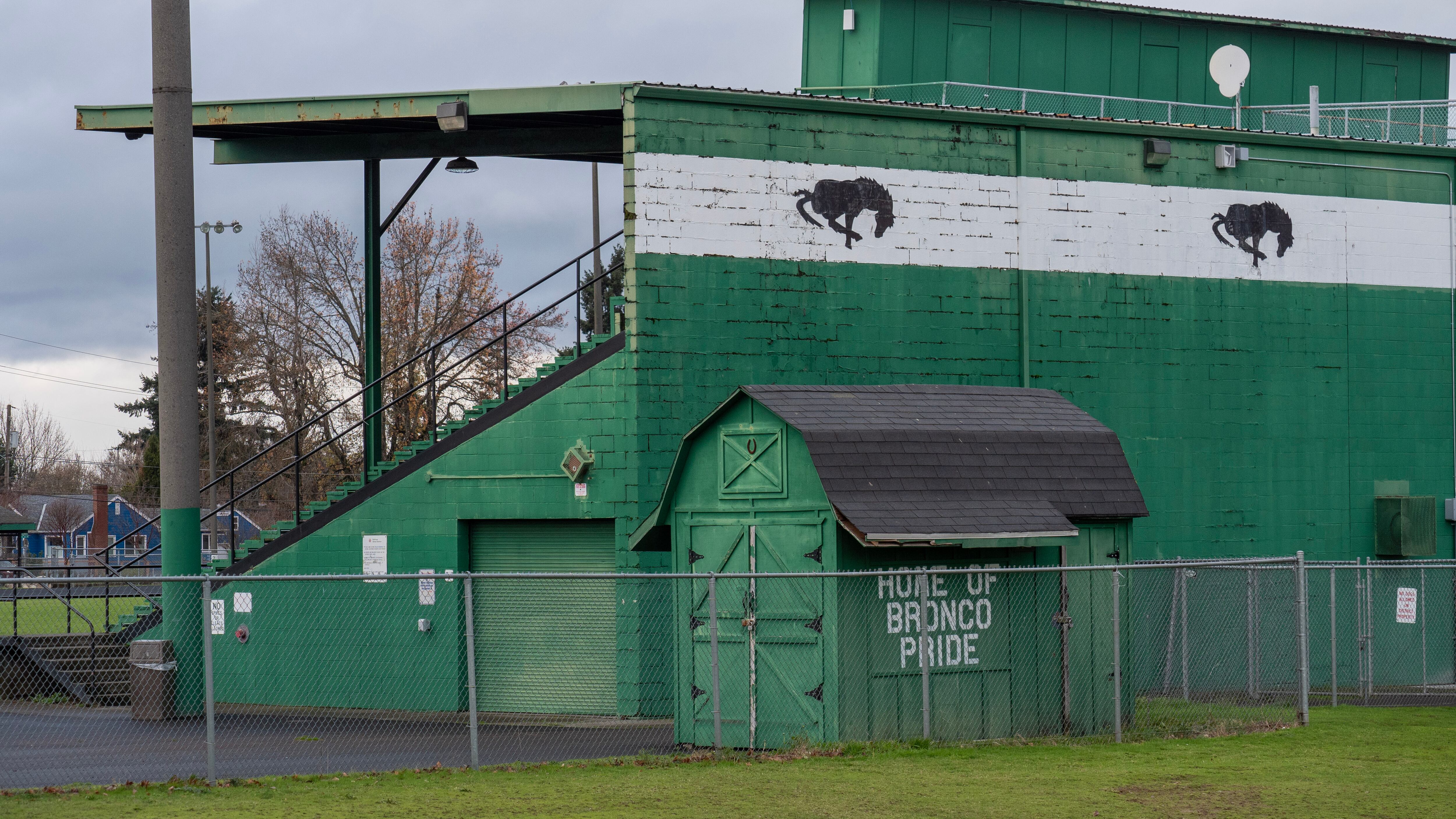One-third of Portland’s high school students were no longer in classrooms as of Jan. 10 after Portland Public Schools shuttered three large campuses.
Shutting down schools has become a political vulnerability for Democrats, who in 2020 shuttered classrooms to halt the spread of COVID-19—and then kept the schools closed for a year.
Now, in a public health environment where vaccines square off against a new variant of the virus that spreads faster than ever, shutdowns of businesses and schools are recurring as staffing becomes impossible.
The school district cited significant student and staff absences, on the order of one 1 of 4 students and teachers, as it closed McDaniel and Cleveland high schools last week, then followed up with Roosevelt High School and Ockley Green Middle School over the weekend.
WW surveyed leading candidates for governor whether they supported Portland Public Schools’ decision to close classrooms and move online for a week, given those stats.
We asked: “Portland Public Schools closed several schools when absences rose to 1 in 4 students and staff. Do you support the district’s decision—yes or no?”
YES
Former New York Times columnist Nicholas Kristof (D)
School districts should prioritize in-person instruction, which yields the best student outcomes. If COVID-related staff shortages don’t allow that, districts should be empowered to close schools temporarily, restoring in-person learning as quickly as possible, with an eye toward student and educator safety and in accordance with the Department of Education’s health and safety protocols.
The goal needs to be a quick and safe return to in-person learning, prioritizing equity and protecting our most vulnerable communities such as low-income students and students of color. But because of insufficient resources and staffing shortages, school districts may be forced to close temporarily.
DECLINED TO SAY
Former House Speaker Tina Kotek (D)
I support doing everything possible to maintain in-person instruction, because we know this is critical to the educational success and mental health of our students.
I appreciate the work that PPS leaders, teachers, staff and families are doing to prioritize the well-being of our students amidst the ever changing and unpredictable challenges of the pandemic. Everybody is trying to do what is best for students, but when districts don’t have enough staff because people are out sick with COVID, they simply can’t stay open. That’s the reality of the crisis we currently find ourselves in.
NO
State Treasurer Tobias Read (D)
No, because we have not exhausted everything in our power to keep schools open. There are billions of dollars from the federal government available to update our schools’ ventilation systems, purchase high-quality N95 masks for teachers and students, add testing capacity, and create safe outdoor eating areas for children. As always, it’s not just about allocating dollars, it’s about follow-through and execution.
As long as cases of hospitalizations among school-age children remain exceedingly low, we should mitigate risk with vaccine and mask mandates, regular testing and better ventilation.
Closing schools has to be an absolute last resort.
Former Democratic state Sen. Betsy Johnson (unaffiliated)
Absolutely not.
The benchmark should be five-days-a-week, in-person learning for our children. That is what is best for our kids, our community, and what our government needs to deliver. We need to manage this virus and not allow it to manage us.
Kids need teachers, families need schools.
Rep. Christine Drazan (R-Canby)
We have to lead with facts, not fear. The facts are that vaccines and treatments are readily available. Given what we know about the virus and how to treat it, we cannot respond like it is still March 2020. We cannot sacrifice their future. Our kids have already paid far too high of a price.
We must acknowledge the harm closures have caused. Instead of closing schools, let’s take a balanced approach: maintain existing protocols for symptomatic individuals, offer a remote option for those at home, and ensure voluntary vaccines, regular testing and treatments are available and accessible.
Students need schools to remain in person.
Sandy Mayor Stan Pulliam (R)
I completely support those parents who want to keep their children home for whatever reason, but schools must remain open.
Policymakers should be focusing on the supply side of the problem (increasing staffing), not restricting the demand (closing schools).
Up until now, we have prioritized slowing the spread of the virus when we should have been balancing that with other factors like mental health, cognitive development, the economy, and more.
[We should close schools] only if a new variant proves to be devastating to a youthful, healthy population.
Other than that, we need to be on a steady path to returning our students to normalcy, including unmasked in-person learning, extracurricular activities, and sports.
Salem oncologist Dr. Bud Pierce (R)
The risk of serious harm from COVID-19 infection to our students is low, but the risk of serious harm to our students by missing in-classroom educational instruction is high. Principals should only close their individual schools if there is inadequate staff to perform their educational mission in a safe fashion. As long as students are able to attend school, they should be taught in the classroom, and schools must remain open.
West Linn political consultant Bridget Barton (R)
I was a working parent raising two kids. Oregon parents and kids deserve certainty right now. We can’t have a state full of parents worrying whether their child’s school will be closed the next day. Our kids have already missed too much school, so the PPS benchmark seems too low. But it’s a local decision. As governor, I would not mandate statewide school closures.

